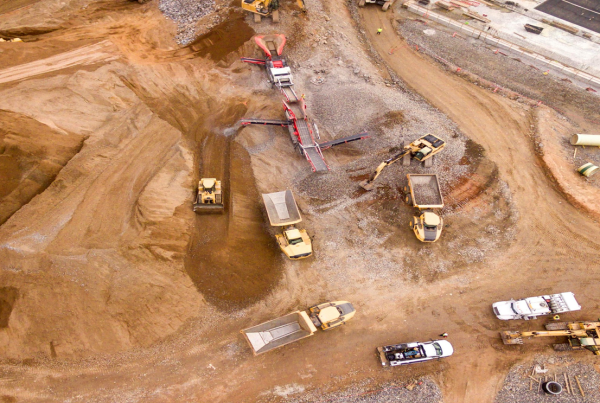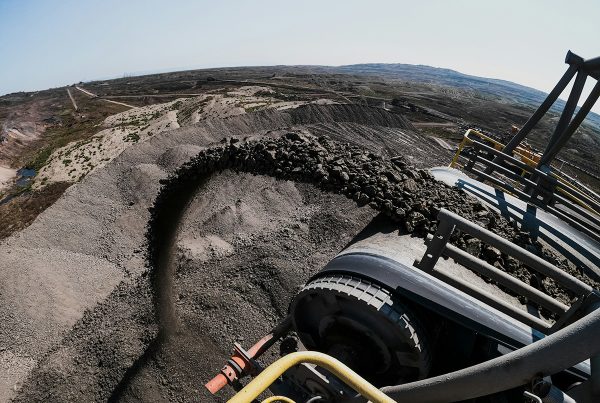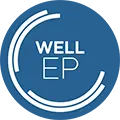Now that the world didn’t end, and we’re all still here, we can all get back to whatever we’ve been reading—you do read, right? Great. Why not read eco books for a change?
Here’s our recommendation of six eco books you ought to be reading, in no particular order.
Silent Spring | by Rachel Carson, 1962
This is the book that put an end to the use of poisonous DDT and in turn started the green revolution. Rachel Carson’s simple but brave rhetoric opened everyone’s—more importantly—the government’s awareness about the state of the environment at a time when the ill effects of industrialization were just beginning to be felt. Silent Spring is no easy read, but it’s still very much relevant even now, fifty years since, especially considering the threats of global warming we have right now.
The Year of the Flood | by Margaret Atwood, 2009
The Year of the Flood is about a post-apocalyptic group of eco-warriors called the God’s Gardeners—they grow their own food, take care of bees, make their own clothes, do compost, refrain from buying new stuff, and for good measure, sing a lot of religious hymns on the feast days of the world’s new eco saints. Yes, this is a novel, not another advice-dispensing guide book, though both share a common love for the environment. And you don’t have to be an environmentalist to appreciate the often grim, sometimes cheerful, but always splendid tale of Ms. Atwood who shows us that despite the chaos there’s hope.
Green’s Not Black or White: The Balance Guide to Making Eco Decisions | Dominic Muren, 2009
Just when you thought all your dearly held truths and stances about the environment were unassailable, comes this nice little eco book by Dominic Muren. Green’s Not Black… gives the pros and cons of each aspect of the green movement. Composting isn’t all that good, for example, when it’s allowed to produce methane. Also, it’s okay to eat meat once in a while—cattle grazing encourages ecosystem regeneration. And many other neat facts that reveal the other side of the story.
The Lorax | Dr. Seuss, 1971
Chances are you’ve seen the animated film adaptation—maybe you liked it, maybe you didn’t. The important thing is that the original eco books version is a great read for kids and adults alike. The Lorax tells about the harm we inflict on the planet whenever we cut down a tree more than we need to. Thankfully a lot has changed since the publication of The Lorax—we have wood-certification systems that protect and replenish our forests. Still, The Lorax is an entertaining read that resonates up to now.
The Better World Shopping Guide: How Every Dollar Can Make a Difference | Ellis Jones, 2006
Thanks to Ellis Jones pocket-sized eco books, we can all start making informed choices about which products we ought to be buying. Manufacturers—from automobile makers to biscuit companies are ranked from A to F, based on their environmental responsibility. Obviously, as consumers it’s our job to spend our money on the good companies, shun the bad ones, and generally make do with what we already have.
The Live Earth Global Warming Survival Handbook: 77 Essential Skills to Stop Climate Change | David de Rothschild, 2007
True enough, there’s seventy-seven essential skills in here. You’ll be reading about basic practical tips like collecting rainwater to use for the house, etc, etc, but in the last few pages the book goes as far to recommend humans to physiologically adapt: furry skins to help keep warm amidst the cold, for example. Comes with beautiful illustrations (in the tradition of airplane instruction manuals), and of course a humorous, ironic take on the issue of global warming you’ll never get from Al Gore.













